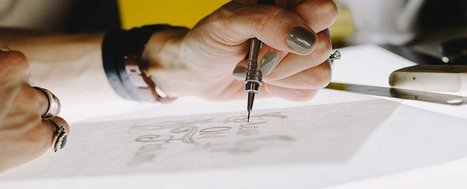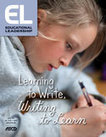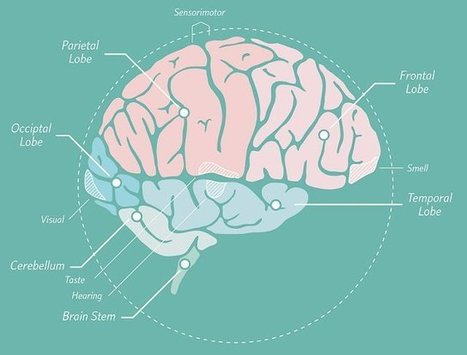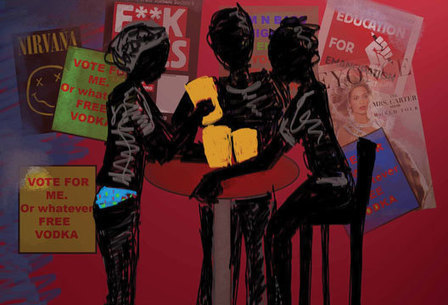If you need to remember something, you might do well to... draw it. According to a new study, drawing can be a more effective memory aid than writing and rewriting, simply looking at information, or using various other visualisation techniques.
Older adults who take up drawing could even enhance their memory, the researchers say, providing a means to rebel against the effects of ageing and the risk of conditions like Alzheimer's and dementia.
The good news for those of us who struggled in art class is that you don't actually have to be good at drawing to reap the memory benefits of doodling, according to the team from the University of Waterloo in Canada.
Via John Evans



 Your new post is loading...
Your new post is loading...
















